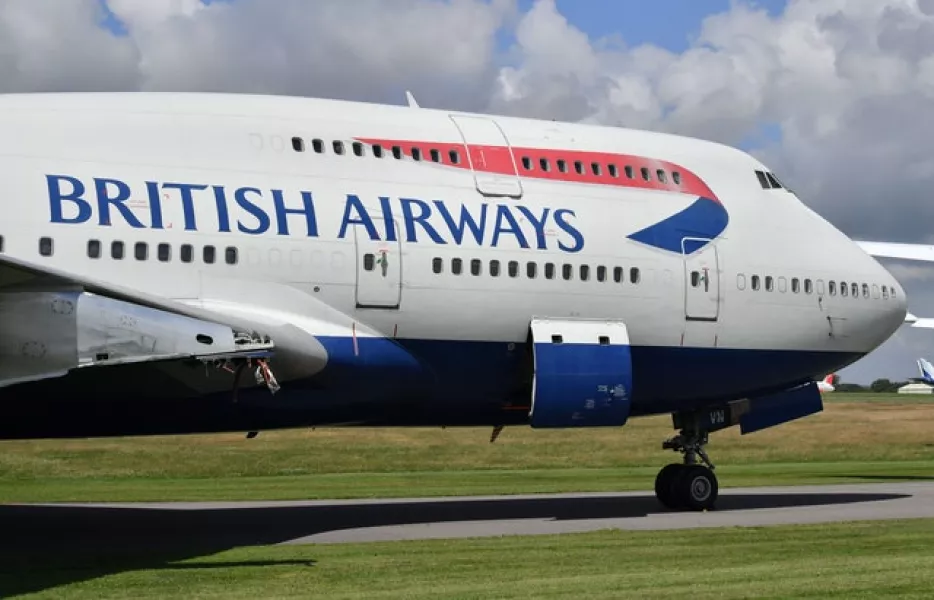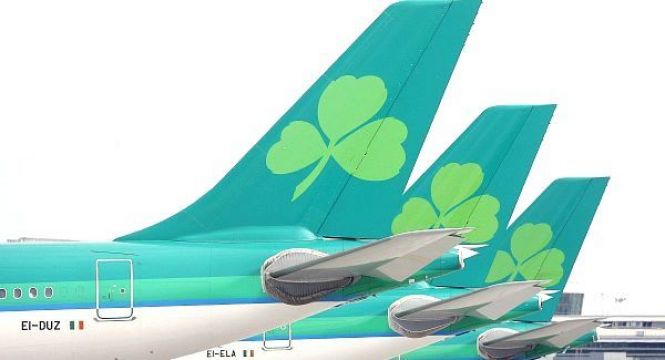Between October and December the group expects to operate 60% less capacity than during the same period last year, compared with a previously planned reduction of 46%.
The firm said it continues to expect it will take until at least 2023 for passenger demand to recover to 2019 levels.
It saw an “almost complete cessation of new booking activity” in April and May due to the pandemic, while the easing of country lockdowns sparked an increase in ticket sales in June.
Since July there has been an “overall levelling off of bookings”, IAG said.

Demand for short-haul travel has “fallen slightly” following the UK and other European countries reimposing quarantine requirements for travellers returning from specific countries such as Spain.
On Tuesday, easyJet revealed it will have flown “slightly less” than the 40% of pre-coronavirus pandemic capacity it previously said it would operate between July and September following the British government’s decision to impose quarantine restrictions for seven Greek islands.
IAG said it will raise €2.7 billion through selling new shares.
The equity raising was first announced in July.
IAG also announced that it has reached an agreement in principle with the Unite union over changes to the pay and conditions of British Airways cabin crew, with a ballot expected to start shortly.
It added that the airline is in the process of reducing headcount by “up to 13,000”, and said that, by the end of August, some 8,236 employees had left the business, “mostly as a result of voluntary redundancy”.
IAG shares were up 0.9% as markets opened in London on Thursday.







